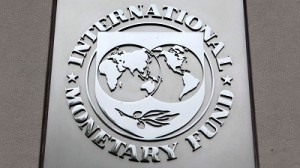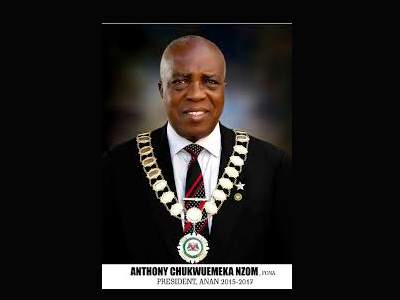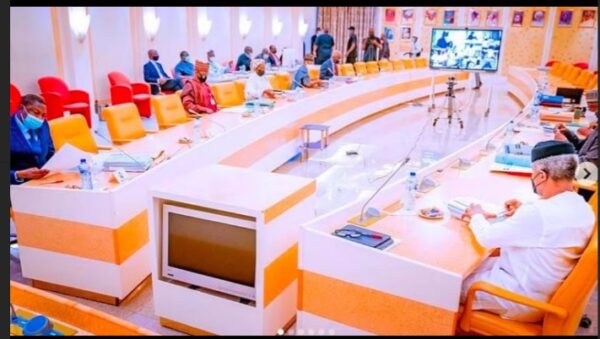Nigeria’s budget deficit’ll exceed estimate, says IMF
 The International Monetary Fund says Nigeria’s budget deficit will probably be larger this year than the Federal Government’s estimates because the country’s revenue from taxes and state companies will be lower than forecast.
The International Monetary Fund says Nigeria’s budget deficit will probably be larger this year than the Federal Government’s estimates because the country’s revenue from taxes and state companies will be lower than forecast.
The Federal Government’s budget deficit may reach 3.7 per cent of gross domestic product this year, higher than its projected gap of 2.8 per cent, according to the IMF.
The fund said this in its Article IV report released on Wednesday, Reuters reported.
The gap was 2.8 per cent last year, preliminary estimates showed. It was 4.7 per cent on a consolidated basis.
“The larger deficit would likely have to be financed domestically, further raising yields and crowding out private-sector credit,” the IMF said.
The Federal Government has proposed a record N7.3tn budget for this year to boost infrastructure investment and help its economy recover from a contraction of 1.5 per cent in 2016.
The government has a revenue target of N2tn from oil and N1.37tn from non-crude sources including tax collections, according to information from the Ministry of Budget and National Planning.
While the state is undertaking tax reforms to increase revenue collected, the impact of those measures will be gradual, according to the IMF Mission Chief in Nigeria, Gene Leon.
The Federal Government will easily achieve its target of $3.5bn foreign borrowing in 2017 as improved oil output helps the economy to recover from last year’s economic contraction, the first since 1991, Moody’s Investors Service has said.
“The international financial institutions are ready to support Nigeria,” a Vice-President and Senior Analytical Adviser for Africa, Moody’s, Aurelien Mali, told Bloomberg on Wednesday.
“As long as its project-based lending, the funding will be available from lenders such as the African Development Bank, and the budget support from the World Bank will come on top of that.”
The Federal Government has proposed a record N7.3tn ($23.1bn) budget for this year to boost infrastructure investment and help the economy recover from a contraction of 1.5 per cent in 2016.
The economy was weighed down by a drop in the price and output of oil, the nation’s biggest export, which led to a shortage of dollars.
The Federal Government has been negotiating $1.25bn in budget support from the World Bank and expects to get the remaining $400m of a $1bn credit facility from the African Development Bank.
According to Mali, the government can raise the rest from bilateral and multilateral partners and also from lenders through commercial loans and or even a sukuk bond.
Moody’s rates Nigeria’s debt at B1, four levels below investment grade. Last month, S&P Global Ratings kept its assessment of the nation’s credit at one step lower than Moody’s.
The country will probably raise debt through more Eurobond sales this year, according to the International Monetary Fund.
This is in addition of the $500m placed last month as part of the 2016 budget and $1bn raised in February.
The Federal Government expects at least $1bn in loans from the World Bank this year, according to the Director-General, Budget Office, Ben Akabueze.
The World Bank is in talks with the Federal Government and other development partners on the most appropriate financing instrument to support the country’s economic plan, the lender has said.
The Federal Government is targeting a growth rate of seven per cent by 2020, according the blueprint released last month.
Mali said the economy should expand by two per cent to 2.5 per cent this year as the price and output of oil improves.
He, however, said that this would depend on dollar liquidity, capital spending and the payment of arrears.
Moody’s growth forecast compares with the International Monetary Fund’s prediction at 0.8 per cent for this year.







